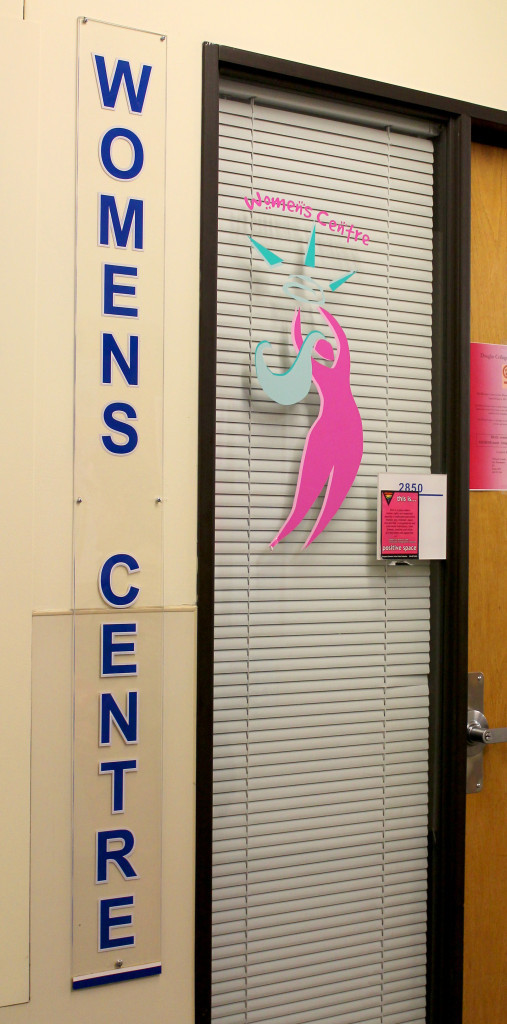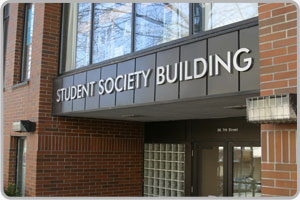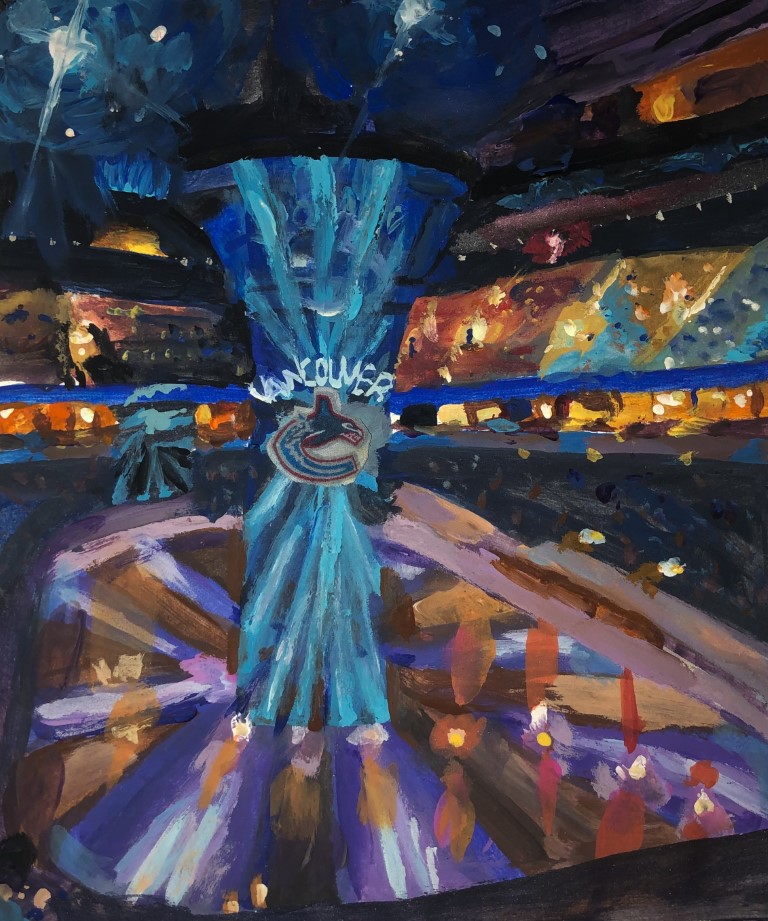The Amanda Todd story and what it means for women at Douglas College
By Sophie Isbister, Staff Writer
Amanda Todd’s story flashes in black and white across my screen. Even though the now-famous video was posted to YouTube a month and a half ago, hundreds of comments per minute are still added to the barrage of condolences, support, and continued taunts. The story of Amanda Todd touches us all. She was the girl close to a home, one who could have been any of us girls who grew up in the technological age with a computer in every room. Todd’s story, told painstakingly in flashcards on the eight-minute film, ended on October 10 when she committed suicide.
In early 2011, following an increase of sexual assault on campus, a Toronto police officer told a group of women students at York University that in order to deter rape “women should avoid dressing like sluts.” The backlash following this comment was astronomical, and created the impetus for the now-international SlutWalk, a feminist rally designed to address the culture of slut shaming that permeates our society.
What do Amanda Todd and the SlutWalk have in common? Both stories take place in a culture that blames victims of sexual abuse and both stories can be used as examples on how we can improve our society. That’s where my story starts.
Todd committed suicide in the wake of a three-year bullying campaign which started when, in grade seven, she flashed a man on webcam and those pictures were made public a year later by the man. The extent of her bullying involved stalking (both by the original perpetrator and then later by her former classmates), physical violence, verbal abuse, and cyber-abuse on Facebook. And the abuse continues—people on the Internet, complete strangers, continue to victimize and victim-blame Amanda Todd.
In order to unpack this culture of victim blaming and slut shaming, I sat down with the Douglas Student Union’s (DSU) Women’s Liaison Jenelle Davies, as well as two student staff members of the Douglas College Women’s Centre, Shila Avissa and Jasmeen Rahiman. We met in the New Westminster campus’ Women’s Centre, a small-but-cozy room which boasts couches, a microwave, and a library with academic gender studies resources as well as novels. It’s also meant to be a safe space for women, which means it’s a judgement-free zone, a place on campus that offers support for women, whatever they happen to be going through.
Rahiman tells me that the Women’s Centre isn’t about counselling, but more about peer support: “We by no means tell [women] what to do, we try to help them do what they think is best for themselves.” Rahimanfinds her role as an advocate for women on campus to be a rewarding one, saying, “Trying to voice what they’re trying to say, I think that helps them a lot.”
Avissa adds, “Aside from supporting women who come in, we talk to all genders about the root causes of oppression…I think all of us have that conversation every day with all genders. Every single day.” It’s a hard battle to fight, but we know the end result that we need: a culture where victims will be supported and taken care of by their communities, not ostracized and re-victimized.
“A lot of women come up to me with issues that they’re not comfortable bringing forward in any practical or official way through the school,” says Davies about her role with the DSU and how she helps women. “I can address that issue on their behalf as long as I’m given their permission, and that’s why it’s really important that, as a woman’s voice on campus, we work really hard and we work together.”
Peer support, advocacy, and awareness are the bulk of the work that Rahiman, Avissa, and Davies engage in. Awareness, according to Davies, is something that needs to be an ongoing process: “We need to do tabling on campus, we need to have the services available, we need to have Twitter and Facebook and online sources, we need to do writing,” she says.
“I think one thing we are missing right now is respect for one another,” says Avissa. “We cannot like a lot of people. That’s fine, but it doesn’t mean that we can’t treat you like a human being. That’s what we’re losing in all kinds of institutions.” In regards to the continued struggle against sexism, racism, and homophobia in Canada, Avissa tells me, “The work is not done. The work is not even halfway done.”
That’s why it is still so important to have these safe spaces and support for marginalized groups, women in particular. “I think Amanda Todd’s case is a really good example of why there needs to be a space you can go to where you’ll be with like-minded, educated women,” says Davies. The support needs to be there for women, both on campuses and in high schools, where girls are learning how to be women.
One of Amanda Todd’s flashcards says “I have nobody.” Imagine a Canada where girls like Amanda, where victims of sexual abuse or sexual assault do have somebody. Where they have a place they can go, like a women’s centre, where they can find mentors and resources; a place that can hopefully mitigate the kind of violence that Amanda Todd experienced at her school.
Creating a tighter community is the key to fostering that respect, college-wide and country-wide alike. Rahiman says it’s as simple as a smile: “There are too many people just walking right by each other. I think that you’re not going to build anything [from that]. Don’t go home. Spend that 10 minutes, explore your campus. See what you have here. Smile!”
The Women’s Centre is located in room 2850 at the New Westminster campus and in room A1301 at David Lam. They’re open from 8 a.m. to 4:30 p.m., Monday to Friday. They can also be contacted via Facebook and Twitter.


